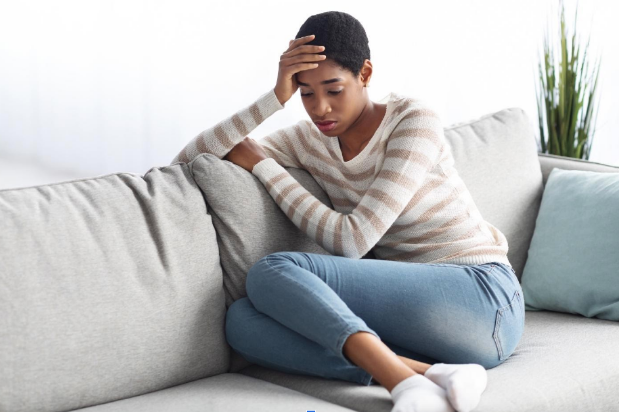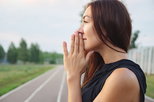Seasonal affective disorder, or SAD, is depression associated with late autumn and winter and is thought to be caused by a lack of light. SAD affects up to 20% of the U.S. population. As with other forms of depression, many people with SAD also have co-occurring substance use disorders, making the holiday blues even more disturbing and increasing the chances of relapse during this time of year.
An Overview of Seasonal Affective Disorder and Its Symptoms
SAD is identified as a seasonally patterned form of major depressive disorder. It typically occurs in the winter due to the change from fall to winter when there is less sunlight and the days seem shorter. This shift in routine and the lack of sunlight can profoundly affect people’s moods, energy levels, and sleep patterns. With SAD, the symptoms vary depending on the person, but they may include the following:
- sadness
- suicidal ideations
- anxiety
- time spent awake is reduced
- possible link between carbohydrate cravings and weight gain
- lower limbs may feel heavy
- prolonged breaks and disengagement from routine tasks and activities like socializing
- irritability
- extreme tiredness and exhaustion
- difficulty focusing and paying attention
- pessimism or maintaining a pervasive sense of insignificance
Many people who suffer from seasonal affective disorder also struggle with substance use. For these individuals, substance use can be an effort to cope with their negative emotions. They may turn to alcohol or other substances to try and make themselves feel better or be social during the holiday season. Despite the lack of scientific evidence linking SAD to substance use, people who suffer from SAD may experience an increased desire to drink or self-medicate with drugs during the winter months due to the holiday blues.
How to Cope with Seasonal Affective Disorder
If you’re experiencing the winter blues, you can still do some things to combat the symptoms and feel better. Depression may play a role in relapse for many people in recovery. Over the winter holidays, people in recovery are sometimes confronted with terrible memories and desires. People with SAD may benefit from counseling to help them better manage their symptoms and avoid the beginning of negative health repercussions. On the other hand, those who are primarily concerned about their drug use may also benefit from seeing a therapist, in subsequently to the addiction treatment that you might get from an addiction recovery center.
Cognitive-behavioral therapy (CBT) is an effective one-on-one treatment for both SAD and addiction. A skilled therapist can aid people in comprehending how their beliefs affect their emotions and actions, and CBT is a proven modality for treating poor self-esteem, social anxiety, and stress.
If you haven’t already, you may want to include winter outdoor activities in your recovery plan as well. Getting some sunlight and vitamin D is essential. Try to spend some time outside for at least 20 minutes each day. You can walk a few times around the block or sit on a park bench or your porch.
Another thing to consider is your diet and nutrition. It’s vital to ensure you eat healthy food and get enough vitamins and minerals like iron and vitamin B12. Additionally, meditation, exercise, and other health-related activities may assist in mitigating the detrimental effects of depression.
While these steps may not take away all the symptoms of seasonal affective disorder, they will help improve your mood and lower the risk of relapse for addiction during this transitionary period.
Preventing Relapse During the Holidays
The holidays can be challenging for many people living with addiction or SAD. Unfortunately, the transition from fall to winter can trigger a relapse for individuals in recovery. With seasonal affective disorder, the lack of sunlight and a change in routine can make what’s the most wonderful time of the year others the most unbearable time. Fortunately, you can do things to prevent relapse.
A key component of your relapse prevention should be a robust support system, which yearlong is critical to your success in recovery. When you're struggling, family and friends who don’t use substances or who are in recovery themselves can provide safety and understanding. Support groups, either in-person or online, can also serve as an outlet and help you avoid triggers that could lead them to previous addictive behaviors.
If you think you may be suffering from this disorder, you can do a few things to help yourself. One of the first steps you can take is talking to a doctor or mental health professional for a diagnosis and treatment options. If you’re feeling down with the holiday blues, you do not have to risk relapsing by self-medicating with alcohol or substances to deal with your depressive mood. There are plenty of resources and caring addiction counselors available to help you through this season.








